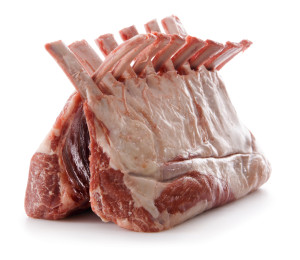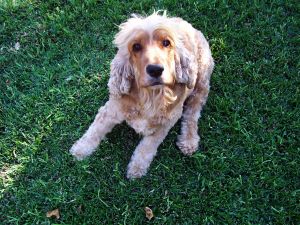This is when kosher is anything but.
Israeli-based Adom Adom (very red) is a top quality brand of beef, that is supplied its beef from, among other places, the Beit She’an slaughterhouse. A December, 6, 2012 exposé on Israeli TV revealed some not-so-kosher treatment of animals in the Beit She’an slaughterhouse. Now, a group of consumers, headed by Ruth Kolian, are filing a class-action suit against Tnuva Central Cooperative (who controls the slaughterhouse), for consumer anguish.
The footage was shown on the Colbotech show and revealed the following:
-
Calves were beaten and shocked to urge them to continue marching toward their slaughtering. Those that had trouble walking were continuously shocked in the head and testicles. If the calves still did not move, they were dragged by forklifts, rather than killed on the spot (as law demands)
-
Lambs were beaten on their heads with a pipe and dragged on the ground by their legs
-
To make matters worse, workers were documented stepping on the lambs, and throwing them in the air, catching them by the lambs’ mouths
The lawsuit, for $55 million, calls out to “any person who has purchased … over the seven year period prior to the filing of this appeal, meat products produced by the brand ‘Adom Adom,’ and who, because of watching the investigation on Colbotech … has suffered emotional anguish and damage to their private autonomy.”
An Israeli court is determining whether there’s merit to the suit. The issue is not the mistreatment of the animals, but whether the treatment justifies monetary compensation.
Truvia argues that the group pushing forward with the lawsuit (Anonymous for Animal Rights) cannot be considered a cheated consumer since the group is the entity that exposed the violations, in the hopes of getting the plant closed down.
It’s worth noting that in many cases, the meat coming from this particular slaughterhouse has already been deemed as treif (non-kosher) because of bone fractures and other imperfections.
Kosher foods must conform to the rules of kashrut (Jewish dietary laws). There are many factors that decide whether a food is kosher or treif. Some examples are:
A food is non-kosher if it includes ingredients derived from a non-kosher animal, or from kosher animals not slaughtered properly. Food is also deemed as non-kosher if non-kosher utensils or machinery were used at anytime.
Traditional Jewish thought follows the belief that animals must be killed by a single cut across the throat (at an exact depth and location) so that the animal bleeds to death without unnecessary suffering. Many animal activists say that this method doesn’t guarantee that the animal will lose consciousness immediately, thus unneeded suffering can happen.
A shochet usually oversees the slaughter to ensure it’s in line with kosher rules.






